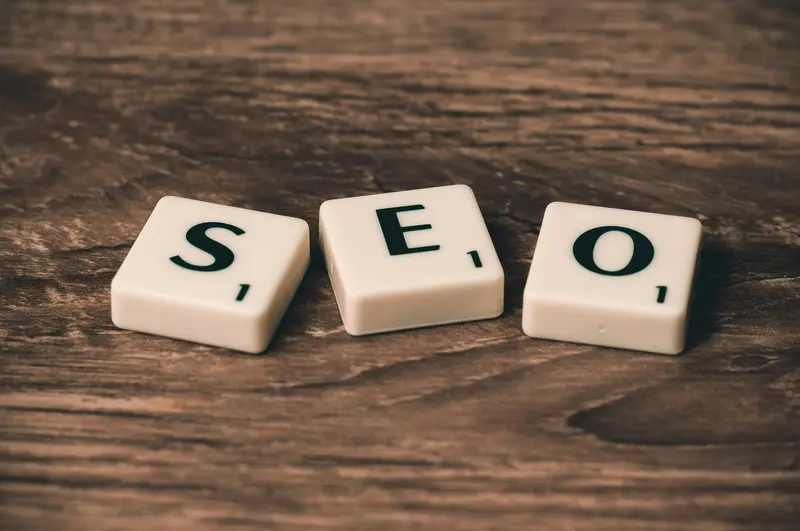
Why WordPress SEO Matters for Your Local Business
Hey there, fellow small business owner! If you’re running a local business and using WordPress for your website, you’re in the right place. Today, we’re going to chat about something that might sound a bit techy but is super important for your online success: WordPress SEO.
Now, you might be wondering, “What’s SEO, and why should I care?” Well, SEO stands for Search Engine Optimization, and it’s all about making your website more visible to search engines like Google. When your site ranks higher in search results, more potential customers can find you. And for a local business, that’s golden!
1. Choose a Reliable Web Hosting Provider
Let’s start with the basics. Your website needs a good home, and that’s where web hosting comes in. Think of it as renting space on the internet for your website. A good host can make your site faster and more reliable, which search engines love.
– Look for hosts that specialize in WordPress
– Consider factors like uptime, speed, and customer support
– Don’t always go for the cheapest option – quality matters!
2. Pick a SEO-Friendly WordPress Theme
Your website’s theme is like its outfit – it needs to look good and function well. But did you know some themes are better for SEO than others?
What makes a theme SEO-friendly?
– Fast loading times
– Mobile responsiveness (looks good on phones and tablets)
– Clean, well-written code
Remember, a pretty theme isn’t always the best for SEO. Balance aesthetics with functionality for the best results.
3. Install an SEO Plugin
WordPress is great, but it needs a little help to reach its full SEO potential. That’s where SEO plugins come in. They’re like your personal SEO assistant, helping you optimize your content without needing to be an expert.
Some popular options include:
– Yoast SEO
– All in One SEO Pack
– Rank Math
These plugins can guide you in writing SEO-friendly content, setting up meta descriptions, and much more.
4. Optimize Your Site Structure
Think of your website like a well-organized filing cabinet. Everything should be easy to find, both for your visitors and for search engines.
– Use clear, descriptive categories and tags
– Create a logical menu structure
– Use internal linking to connect related content
A well-structured site helps search engines understand what your pages are about, which can boost your rankings.
5. Create High-Quality, Local-Focused Content
Content is king in the world of SEO, especially for local businesses. Write blog posts, create pages, or even start a podcast about topics relevant to your local area and industry.
Ideas for local content:
– Local events your business is involved in
– Guides to local attractions near your business
– Stories about how your business serves the local community
Remember, quality trumps quantity. It’s better to publish one great piece of content a month than four mediocre ones.
6. Optimize for Local SEO
As a local business, you want to show up when people in your area are searching for your products or services. Here’s how to boost your local SEO:
– Claim and optimize your Google My Business listing
– Ensure your name, address, and phone number are consistent across the web
– Encourage customer reviews on Google and other platforms
– Use local keywords in your content (e.g., “best pizza in [your city]”)
7. Speed Up Your Website
In today’s fast-paced world, nobody likes a slow website. Neither do search engines. A speedy site can improve your rankings and keep visitors happy.
– Optimize images (compress them without losing quality)
– Use a caching plugin
– Minimize the use of heavy plugins
– Consider using a Content Delivery Network (CDN)
8. Make Your Site Mobile-Friendly
More and more people are using their phones to browse the web. If your site doesn’t look good on mobile, you’re missing out. Plus, Google now uses mobile-first indexing, meaning it looks at the mobile version of your site first when deciding rankings.
– Use a responsive WordPress theme
– Test your site on various devices
– Ensure buttons and links are easy to tap on mobile
10. Monitor Your SEO Performance
Last but not least, keep an eye on how your SEO efforts are paying off. You can’t improve what you don’t measure!
– Set up Google Analytics and Google Search Console
– Track your rankings for important keywords
– Monitor your organic traffic and how visitors interact with your site
Wrapping Up: Your Path to Better WordPress SEO
There you have it – 10 tips to boost your WordPress SEO and help your local business shine online. Remember, SEO is a marathon, not a sprint. It takes time and consistent effort, but the rewards are worth it.
Don’t feel overwhelmed if this seems like a lot. Start with one or two tips and gradually implement more as you get comfortable. And remember, as a local business, you have a unique advantage – your connection to the community. Use that in your content and SEO strategy, and you’ll be on your way to higher rankings in no time.
Have questions about WordPress SEO for your local business? Feel free to reach out. Here’s to your online success!
Frequently Asked Questions
How long does it take to see results from SEO efforts?
SEO is a long-term strategy. While you might see some improvements in a few weeks, significant results usually take 3-6 months or more.
Is it okay to use multiple SEO plugins?
It’s generally best to stick with one main SEO plugin to avoid conflicts. You can use additional plugins for specific tasks if needed.
How often should I publish new content for SEO?
Quality is more important than quantity. Aim for regular, consistent posting of high-quality content, whether that’s weekly, bi-weekly, or monthly.
Can I do SEO myself or should I hire an expert?
You can definitely learn and implement SEO yourself, especially for a small website. However, for larger sites or more competitive niches, it might be worth consulting with an expert.
How important is social media for SEO?
While social media signals aren’t a direct ranking factor, social media can help increase your visibility and drive traffic to your site, which can indirectly benefit your SEO.


